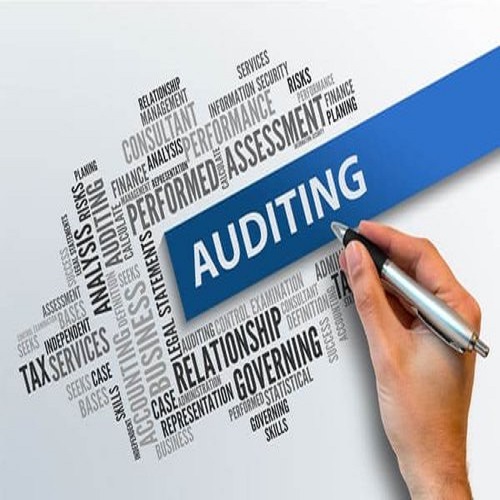|
Audit and assurance are terms commonly used in the field of accounting and finance to describe processes and services that help ensure the accuracy, reliability, and transparency of financial information. These terms are often associated with the examination of financial statements and related disclosures. Here's a brief overview of audit and assurance:
-
Audit:
- An audit is a systematic and independent examination of financial information, records, and internal controls of an organization to provide an opinion on the fairness and accuracy of its financial statements.
- The primary purpose of an audit is to provide assurance to stakeholders, such as shareholders, investors, lenders, and regulators, that the financial statements present a true and fair view of the organization's financial position and performance.
- Auditors follow established auditing standards and guidelines to assess the financial information's quality and compliance with accounting principles and regulations.
- The auditor issues an audit report that expresses an opinion on whether the financial statements are free from material misstatements. The two common types of audit opinions are unqualified (clean opinion) and qualified (with some reservations).
-
Assurance:
- Assurance services go beyond financial audits and encompass a broader range of activities that provide assurance to stakeholders about various aspects of an organization's operations, processes, or controls.
- While financial statement audits are a subset of assurance services, other assurance engagements might include reviews, agreed-upon procedures, and examinations of specific areas like IT controls, compliance with regulations, or sustainability reporting.
- The objective of assurance services is to enhance the credibility and reliability of the information being reported, even if it's not related to financial statements.
|

